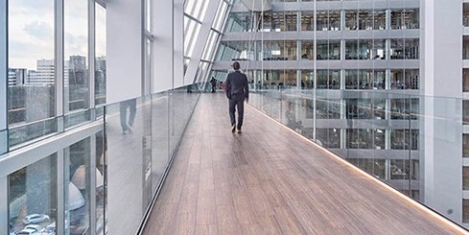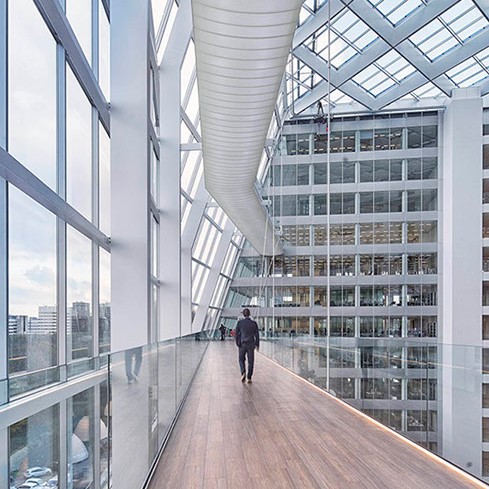To provide the best experiences, we use technologies like cookies to store and/or access device information. Consenting to these technologies will allow us to process data such as browsing behaviour or unique IDs on this site. Not consenting or withdrawing consent, may adversely affect certain features and functions.
The technical storage or access is strictly necessary for the legitimate purpose of enabling the use of a specific service explicitly requested by the subscriber or user, or for the sole purpose of carrying out the transmission of a communication over an electronic communications network.
The technical storage or access is necessary for the legitimate purpose of storing preferences that are not requested by the subscriber or user.
The technical storage or access that is used exclusively for statistical purposes.
The technical storage or access that is used exclusively for anonymous statistical purposes. Without a subpoena, voluntary compliance on the part of your Internet Service Provider, or additional records from a third party, information stored or retrieved for this purpose alone cannot usually be used to identify you.
The technical storage or access is required to create user profiles to send advertising, or to track the user on a website or across several websites for similar marketing purposes.
 More than nine in ten banking and financial services professionals in the UK work beyond their contracted hours every week, according to a new survey — laying bare the extent of the City’s always on working culture. Almost half, or 47 percent, said that they do not leave the office or take a break at lunchtime, according to the survey by Morgan McKinley. The recruitment firm canvassed the views of around 480 finance workers in an informal poll to come to its conclusions. (more…)
More than nine in ten banking and financial services professionals in the UK work beyond their contracted hours every week, according to a new survey — laying bare the extent of the City’s always on working culture. Almost half, or 47 percent, said that they do not leave the office or take a break at lunchtime, according to the survey by Morgan McKinley. The recruitment firm canvassed the views of around 480 finance workers in an informal poll to come to its conclusions. (more…)
































October 16, 2019
Remote working can increase stress and reduce wellbeing
by Stephanie Russell • Comment, Flexible working, Wellbeing